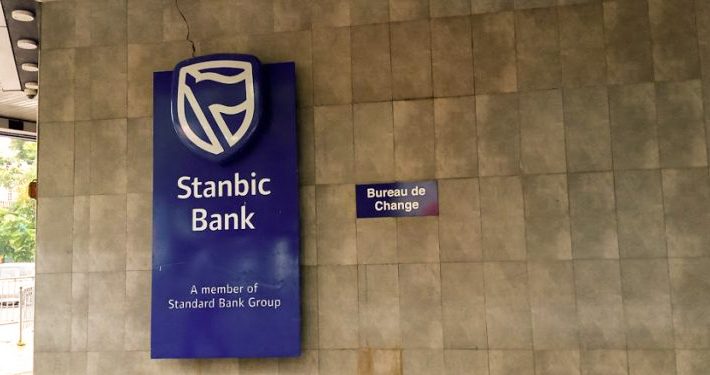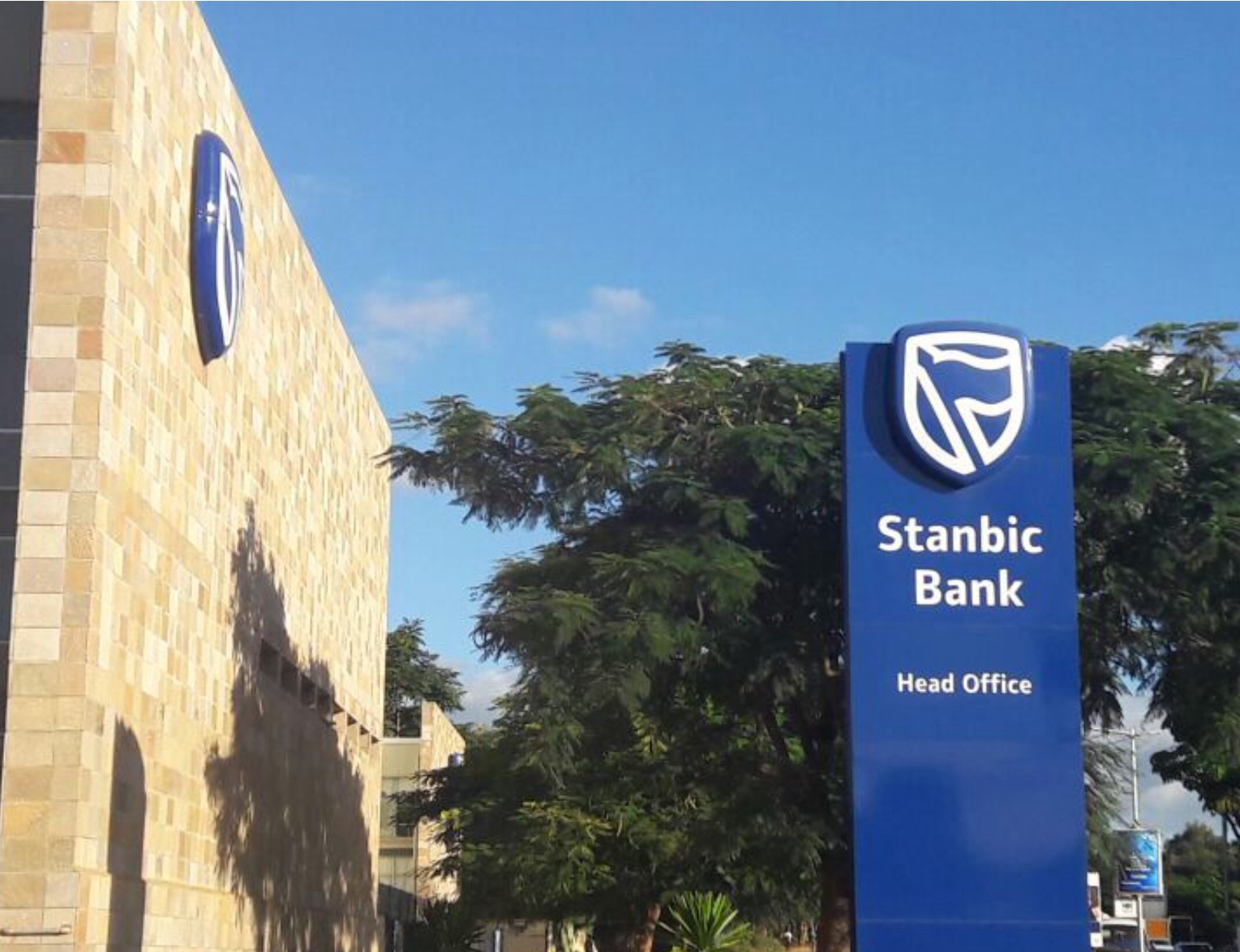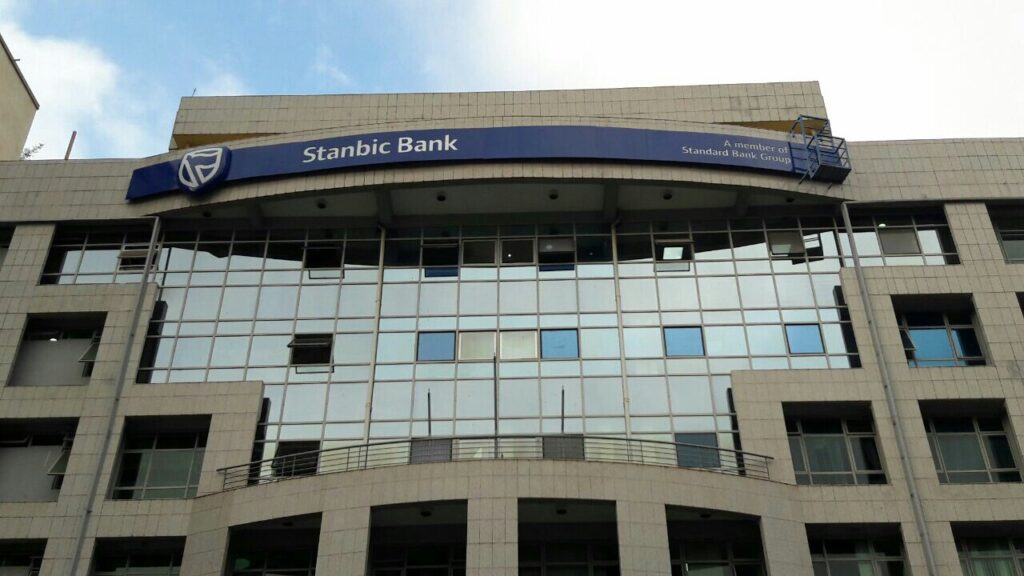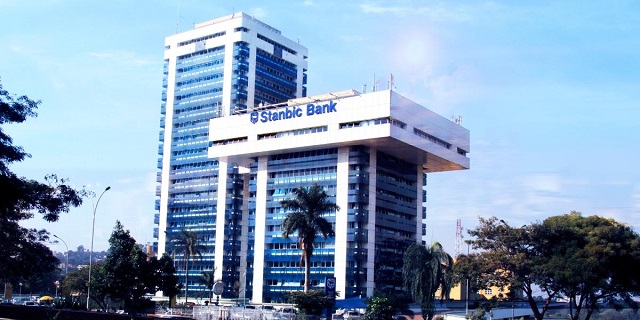
- Kenyan businesses report marginal improvement as PMI rises
Kenyan businesses reported a marginal improvement in operating conditions in February, with the Purchasing Managers’ Index (PMI) rising to 50.6 from 50.5 in January, indicating continued growth despite ongoing challenges in boosting sales and a subdued outlook for future activity.
According to Stanbic Bank report, it indicates that streak that began in late-2024, signalled that a greater stabilization of the wider economy drove higher demand and output.
The report shows that lower Inflationary pressures also supported the upturn, as both input and output prices rose at the slowest rates for four Months.
Nevertheless, the growth signal was relatively Mild in February, particularly as several businesses continued to report challenges boosting sales.
On the other hand, employment and inventories also rose only slightly, in line with a subdued outlook for year ahead activity deterioration.
 “At 50.6 in February, up from 50.5 in January, the headline PMI was consistent with a strengthening of Business conditions for the fifth month Running. However, the reading was Below its long-run average of 51.2 and signalled only a marginal overall Improvement,” read part of the report.
“At 50.6 in February, up from 50.5 in January, the headline PMI was consistent with a strengthening of Business conditions for the fifth month Running. However, the reading was Below its long-run average of 51.2 and signalled only a marginal overall Improvement,” read part of the report.
Business activity grew for the fifth straight month and at the quickest pace since November last year.
 Reports from surveyed firms signalled that a general uplift in the economic environment had strengthened demand and led to an increase in output.
Reports from surveyed firms signalled that a general uplift in the economic environment had strengthened demand and led to an increase in output.
The report shows that several firms reported expanding their product offerings and investing more in marketing.
The volume of new orders also rose for the fifth month in succession, with improving cash flow, softer price pressures and new products and services encouraging an increase in demand.
 However, many firms reported challenges in boosting sales, resulting in an overall rate of new business growth that was only slight.
However, many firms reported challenges in boosting sales, resulting in an overall rate of new business growth that was only slight.
The report shows that sector divergences were apparent in February, with output and new business growth driven by agriculture, manufacturing and construction.
Meanwhile, wholesale and retail and Services firms recorded declines in activity, new work and purchases of inputs.
February data indicated a further Softening of input cost inflation across the private sector.

Average input prices rose at the slowest pace in four months, due to a weaker increase in purchase prices.
Firms responded with a softer markup of their own charges.
The report indicates that business sentiment for the coming year dropped to one of its lowest points on record in February.
Notably, only 5% of surveyed firms anticipated an upturn amid ongoing concerns about the wider economy and high competition.
Subsequently, firms made only limited Improvements to staffing and inventories.
Although employment growth recovered to a four-month high, it was weaker than its long-run trend.
Similarly, the uplift in stocks was below-average, as purchasing activity fell for the first time Since July 2024.
Christopher Legilisho, Economist at Standard Bank said that the February PMI for Kenya shows a private sector still growing, though only slightly faster, amid still weak demand.
 “ Still, the positive expansions in output, new orders and employment Show a steady private sector over the last five months. However, the improvements in Demand conditions were not widespread across all sectors surveyed.
“ Still, the positive expansions in output, new orders and employment Show a steady private sector over the last five months. However, the improvements in Demand conditions were not widespread across all sectors surveyed.
The services sectors, That saw weaker output and new orders growth, experienced increased competition as well As consumers under increased financial pressure. Further, there was less input buying in Services as well as wholesale and retail in February,” Legilisho said.
Legilisho reiterates that businesses remain doubtful about future output expectations adding that lower interest rates may well resuscitate lending among firms and thereby drive economic activity.

“Positively, firms are focused on increasing inventories due to strong demand in output in Agriculture, manufacturing and construction as well as improving efficiencies among their Vendors.
Pricing pressures were muted due to soft increases in input and purchase prices, While staff costs remained even.
Output prices increased somewhat, confirming economic Demand as still weak,” he noted.
Output
The report shows that Kenyan companies raised output for the fifth Month in a row in February. Although modest, the rate of growth accelerated to the fastest since last November, with notable upturns in construction and agriculture.
Survey evidence indicates that greater marketing efforts, increased capacity and new clients Contributed to higher output.

New business continued to expand in February, though only marginally. Around 30% Of firms registered an increase, citing effective Marketing, new products and services and greater client referrals.
At the same time, 22% Posted a fall, due to financial constraints faced by customers and increased competition.
Business expectations regarding future output Weakened in February, with the respective Index dropping to its second-lowest in the Series history.
Furthermore, sentiment was only fractionally higher than the record low observed last September.
The report notes only 5% of surveyed firms expect output to rise over the next 12 months, with positivity only recorded.
In three of the five monitored categories: Construction, wholesale & retail and services, employment staffing levels picked up half-way into the first quarter
However, total employment increased only marginally.
The report says that only 98% of the surveyed firms registered had no change since January.
The backlogs of work February survey data signalled an alleviation of capacity pressures at Kenyan businesses, as the volume of backlogged orders declined Over the course of the month.
Kenyan firms opted to reduce their input Purchases during February, bringing to an end a six-month sequence of growth.
However, sector data showed that weak buying activity was concentrated on services and wholesale and retail, the two sectors which also saw a decline in sales.
Suppliers’ delivery schedules improved again despite a decrease in orders, indicating enhanced vendor performance.
Some panelists noted that competitive pressures were continuing to drive greater efficiency among suppliers.
Stocks of purchases
The report shows that Kenyan businesses accumulated larger inventories in the latest survey period, with several respondents indicating that an increase in new orders prompted them to stock more inputs.
However, the pace of expansion was slight, fractionally down from January, and markedly slower than the long-run trend.
Input prices
The report further indicates input prices in the Kenyan economy rose modestly in February.
While on the other hand, the pace of inflation lost speed for a second month running and was the weakest recorded since last October.
Notably, all five sectors that the Survey monitors posted a slower increase in Costs compared to the previous month. The Downwards trend was mostly due to reduced Purchase price pressures.
Purchase prices
Although purchasing costs rose during February, the rate of increase softened to a four-month low and was only moderate.
Moreover, the pace of inflation was considerably less marked than the average recorded since the survey began in 2014.
Where purchase prices did rise (at 5% of respondents), higher taxes, increased transportation costs and supply shortages were mentioned.
Staff costs;
The report indicates that staff costs saw little change during February. Adjusted for seasonal factors, the respective index was fractionally above the 50.0 neutral threshold for the second month running. Some firms reported an increase in wages due to cost-of-living pressures and staff motivation efforts.
Responding to a softer rise in average cost Burdens, the report says that Kenyan firms reported a weaker uplift in prices charged in the latest survey Period.
Only 6% of survey respondents raised their own prices, compared to 1% where a reduction was noted.
By sector, output charges rose in manufacturing, wholesale and retail and services, but fell in agriculture and Construction.






1 thought on “Stanbic PMI Report:Kenyan Businesses report Marginal Improvement”